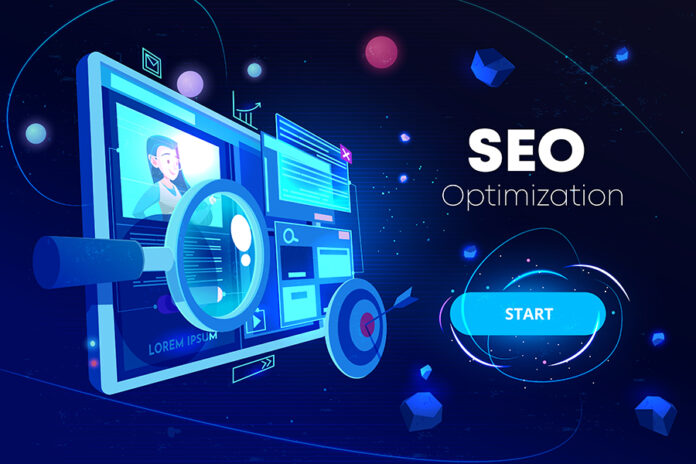Introduction
Search Engine Optimization (SEO) is a crucial aspect of digital marketing. It involves optimizing a website to improve its visibility and ranking on search engine results pages (SERPs). Understanding the basics of SEO is essential for anyone looking to increase their online presence and drive more organic traffic to their website.
What is SEO?
SEO is the process of optimizing a website to make it more search engine-friendly. Search engines use complex algorithms to determine the relevance and quality of websites, and SEO techniques help websites meet these criteria. The ultimate goal of SEO is to improve a website’s ranking on search engine results pages, leading to increased visibility and organic traffic.
Why is SEO important?
SEO is important because the majority of online experiences begin with a search engine. When users search for information, products, or services, they are more likely to click on the top results that appear on the SERPs. By optimizing your website for search engines, you increase your chances of ranking higher and attracting more organic traffic.
Key elements of SEO
There are several key elements of SEO that you need to understand:
1. Keywords
Keywords are the words or phrases that users type into search engines when looking for information. By identifying and targeting relevant keywords, you can optimize your website’s content to match what users are searching for. It’s important to conduct keyword research to find the right keywords that have a good search volume and are relevant to your business or industry.
2. On-Page Optimization
On-page optimization refers to the optimization of individual web pages to improve their visibility on search engines. This includes optimizing meta tags, headings, URLs, and content. By optimizing these elements with relevant keywords, you can increase your chances of ranking higher on SERPs.
3. Off-Page Optimization
Off-page optimization involves activities that are done outside of your website to improve its visibility and credibility. This includes link building, social media marketing, and online reputation management. Off-page optimization helps search engines understand the popularity and authority of your website, which can positively impact your rankings.
Benefits of SEO
Implementing effective SEO strategies can provide numerous benefits for your website and business:
1. Increased Organic Traffic
By optimizing your website for search engines, you can attract more organic traffic. Organic traffic refers to the visitors who find your website through unpaid search results. The higher your website ranks on SERPs, the more likely it is to receive clicks and visits from users.
2. Improved User Experience
SEO involves optimizing your website’s structure, navigation, and content, which can significantly improve the user experience. When users can easily find what they’re looking for on your website, they are more likely to stay longer, engage with your content, and convert into customers or leads.
3. Higher Conversion Rates
SEO can also lead to higher conversion rates. When your website appears on the top results of search engines, users perceive it as more trustworthy and credible. This can increase their confidence in your products or services, leading to higher conversion rates and sales.
4. Long-Term Results
Unlike some other forms of digital marketing, SEO can provide long-term results. Once you have optimized your website and achieved a good ranking, it can continue to attract organic traffic even if you reduce your marketing efforts. This makes SEO a cost-effective and sustainable strategy for driving traffic to your website.
Conclusion
Understanding the basics of SEO is essential for anyone looking to improve their online visibility and attract more organic traffic. By optimizing your website for search engines and implementing effective SEO strategies, you can increase your chances of ranking higher on SERPs and reaching your target audience.



